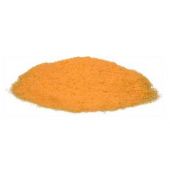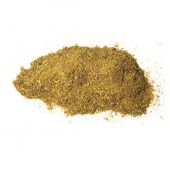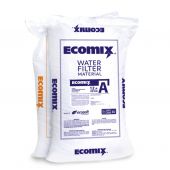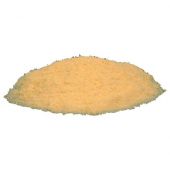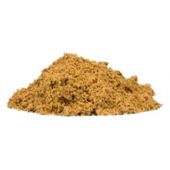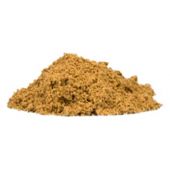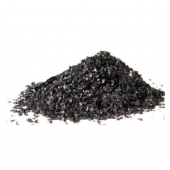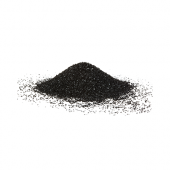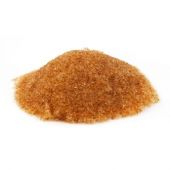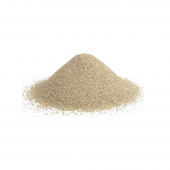Resins for Water Treatment
The treatment of water using resins changes the physical chemistry of water and is able to remove dissolved solids, salts and ions. There are two general types of ion exchange resins: those that exchange positive ions, called cation resins, and those that exchange negative ions, called anion resins.
Cation - A cation is an ion with a negative charge. Common cations include calcium, magnesium, iron and hydrogen. A cation resin exchanges positive ions.
Anion - An anion is an ion with a positive charge. Common anion include chlorine, sulphate, and hydroxide. An anion resin such as nitrate removal is one that exchanges negative ions.
Chemically, both types are similar and belong to a group of compounds called polymers, which are extremely large molecules that are formed by the combination of many molecules of one or two compounds in a repeating structure that produces long chains. Physically, ion exchange resins are formed in the shape of very small beads, called resin beads, with an average diameter of about 0.5 millimetres.
Our Media & Resins are available in small, medium and large quantities at competitive prices. Please call us on 0330 113 7181 if you would like us to quote for larger volumes.

